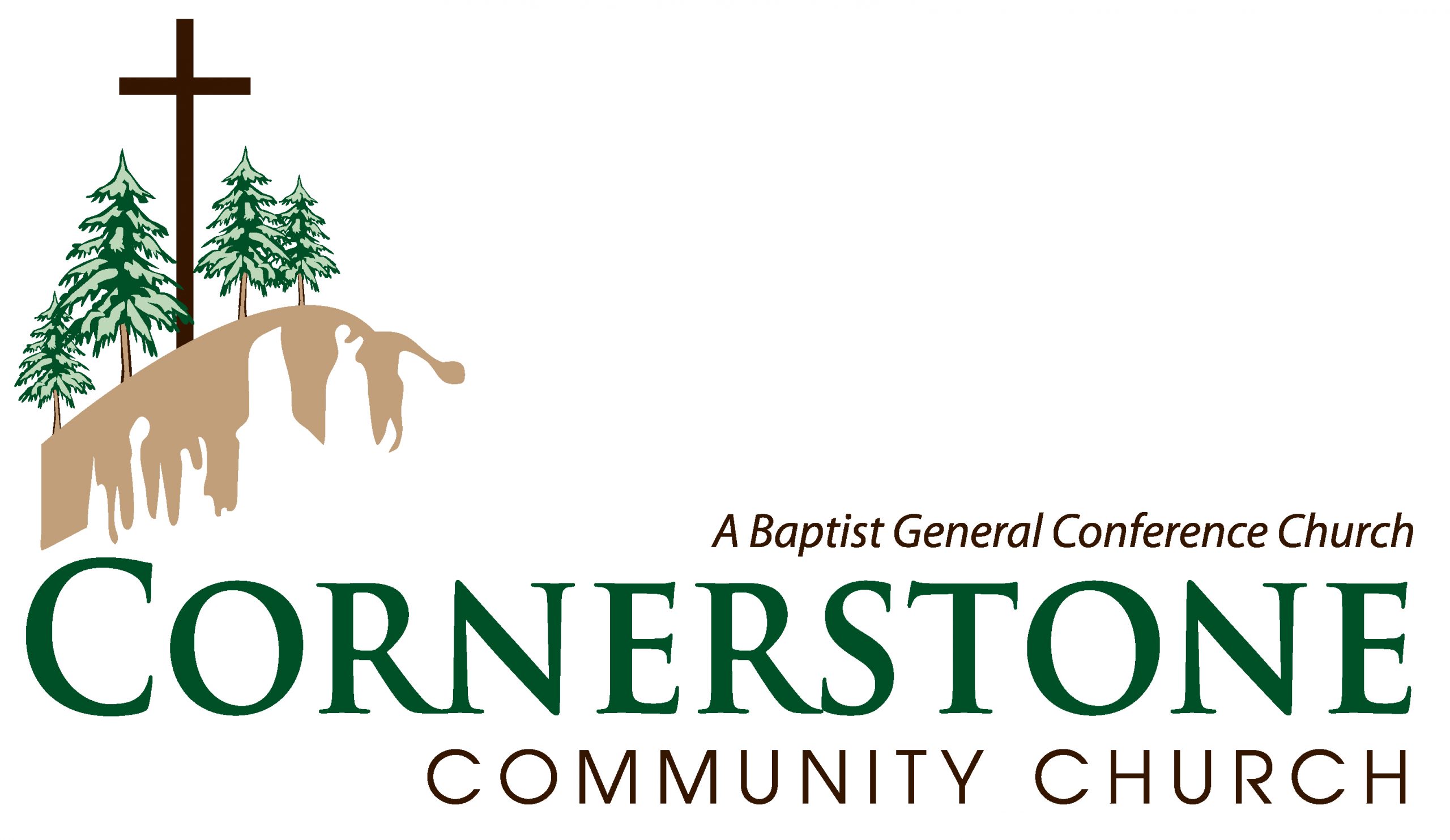Catching Up with 1 John
John, in his inspired effort to derail false teachers and prevent his congregation from following them into the worship of idols (as if Christ were somehow insufficient for their faith and life), consistently holds Christ up to their examination and requires them to consider what spiritual condition they have already achieved and is already true in them on account of their being in him.
Among the spiritual realities that are true of genuine believers (and should prevent any true believer from seeking salvation or sanctification from any except the one Savior eyewitnesses have already presented to them, Jesus) are fellowship with the Father and the Son, as well as the church; forgiveness and cleansing; propitiation for sin; abiding in Christ; true light within; anointing from the Holy One; knowledge of the truth; eternal life. Given these present realities, benefits of faith in Jesus Christ, John calls the readers of his first letter to a lifetime of holiness. He urges them to “practice righteousness,” for “everyone who practices righteousness has been born of him.”
John describes the born again life as a life lived manifesting the character of God in Christ: righteousness. Our personal nature, our “spiritual DNA,” if you will, has been transformed by the Holy Spirit according to the will and promise of God upon faith in Christ. True believers are new people. And that newness on the inside ought to show on the outside, especially in the “practice” or conduct of life. “Everyone who thus hopes in him purifies himself as he is pure,” writes the apostle.
In order to further his readers’ understanding, John advances a comparison between those who practice righteousness (which is life in conformity with the nature and conduct of Christ) and those who “practice sinning.”
“Everyone who makes a practice of sinning also practices lawlessness; sin is lawlessness” (1 John 3:4, ESV).
Now, John works through this distinction between the practice of sin and the practice of righteousness and essentially points out that we all act in according to our spiritual parentage. Those who are of the devil act like the devil and those who are of Christ act like Christ. He then summarizes the reason for his teaching with this application:
“By this it is evident who are the children of God and who are the children of the devil: whoever does not practice righteousness is not of God, nor is the one who does not love his brother” (1 John 3:10, ESV).
What John says, put positively rather than in the negative he uses, is that those who practice righteousness and love their brother are the children of God. I think this should remind us of something. Remember when the lawyer tested Jesus by asking Jesus to identify what was the greatest commandment? Remember Jesus’ answer?
“You shall love the Lord your God with all your heart and with all your soul and with all your mind. This is the great and first commandment. And a second is like it: You shall love your neighbor as yourself. On these two commandments depend all the Law and the Prophets” (Matthew 22:37-40, ESV).
Obedience to God’s commandments is the essence of righteousness. Only a godly heart both acknowledges the validity of God’s commandments and spends itself in desire to keep His commandments. And Jesus wisely reduces the commandments to two, which are really one: love.
So, think about this. John knew about this interaction between Jesus and the Pharisees. I believe he has this in mind as he instructs this congregation. Practicing righteousness and loving one’s brother are simple restatements of the principle Jesus laid down for believers in the days just before His death and resurrection. “Lawlessness” means rejecting God’s law, God’s commandments, and living as though His commandments don’t apply to our situation, right? John says, “Everyone who practices sinning also practices lawlessness; sin is lawlessness.” Jesus reduced the Law to a single principle, love. Therefore, sin/lawlessness can be defined as lovelessness. Practicing sin can be understood validly, I think, as practicing lovelessness.
It might be easy to accept that we sin in thought, word, and deed daily. It might also be easy to excuse ourselves and say that our inevitable sinning isn’t really lawless because we are not intentionally breaking God’s law, but what happens to our self-justification if we understand that lawlessness/sin is equivalent to lovelessness? When we do not love with Christ’s love either God (which would be practicing righteousness) or our neighbors/brothers (which is the second commandment), we sin. We sin because we practice lovelessness and lovelessness is lawlessness and lawlessness is sin. And those who make a practice of sin/lawlessness/lovelessness cannot claim to be born of Christ for he is without sin. He is without lawlessness. He is without lovelessness.
What would the world be like if all those who call themselves Christians, who claim the same spiritual nature, the same spiritual DNA as Jesus, practiced righteousness, conducted every moment of their lives with wholistic love for God and for their brothers? I suspect loneliness, which one report suggests drives the mental health therapy industry, would disappear. Lovelessness is lawlessness. Lawlessness is sin. Those who are born of Christ do not keep on sinning. Instead, they keep on loving. Loving God with all their heart, mind, soul, and strength, and their neighbors and brothers as themselves.


No Comments